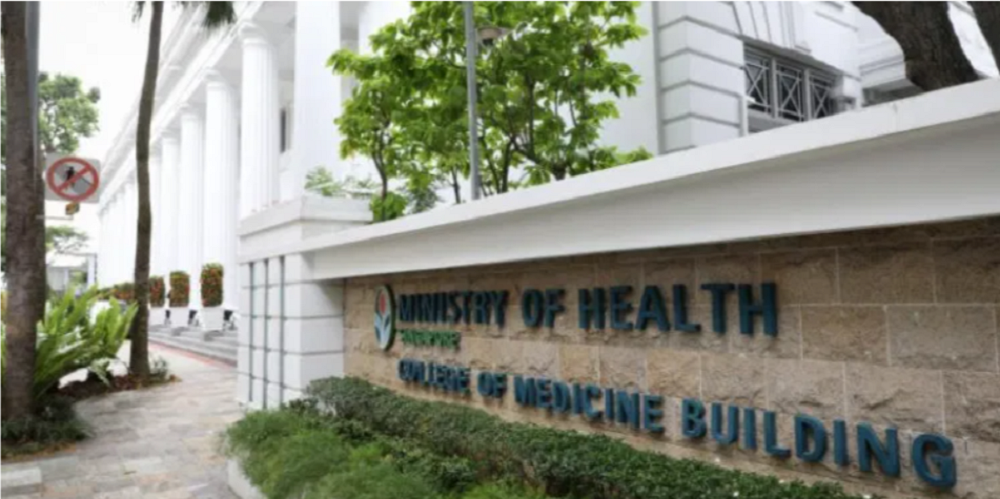In March 2018, Singaporean ex-political detainee Dr Poh Soo Kai made a personal recording in an attempt to clear his name from the false accusations surrounding the Katong Bombing 1974 occurrence.
A video was shared by Local NGO Function 8 yesterday morning (2 May) and it explained the tumultuous events that transpired in the 1970s as well as Dr Poh’s comments on the fake news that affected his life and medical career.
Singaporean politician Dr Poh Soo Kai was a founding member of the University Socialist Club and the People’s Action Party (PAP) in 1954. He then left to become the Assistant Secretary-General of the Barisan Sosialis when PAP split in 1961. During the Operation Coldstore in 1963, Dr Poh was arrested and detained without trial for 11 years under the Preservation of Public Security Ordinance.
On 20 December 1974, a car exploded along Still Road around 6 am, resulting in one of the passengers being injured. Authorities later discovered that three men were transporting bombs encased in milk tins to the home of a factory managing director’s house in Teluk Kurau due to the industrial strife with his workers at the Nanyang Shoe Factory in Johor Bahru.
Later in 1976, Dr Poh was detained as a political prisoner without trial yet again but this time, it was under the ISA. He and his comrades were arrested when they were forming a civil rights society in which he was imprisoned for another 6 years. At the same time, he was also interrogated by the ISD concerning his relations with the Katong bomber.
On 23 September 2011, MHA issued a statement accusing Dr Poh of assisting a CPM saboteur, the injured bomber from the Katong blast. This was in reference to a fictional story composed by the Internal Security Department (ISD) that Dr Poh, his wife Grace, and Dr G Raman visited Masai in Johor to treat the injured communist in an isolated wooden house.
Dr Poh clarified that what Lee Kuan Yew informed the media channels overseas regarding the Masai incident was “totally fake news”. He also added the fact this can be proven as none of the customs or immigration authorities has any details of their passport or car plate numbers “at that hour of the night or (at) any hour”.
Up to today, Dr Poh testifies that he has never been to Masai. He even wrote a book titled “Living in a Time of Deception” to recount his personal and political history under the nation’s founding father as well as to expose certain truths during his regime.
Dr G Raman was later arrested in February 1977 and made a claim implicating Dr Poh and wife with the Masai incident after being subjected to physical torture and sleep deprivation. Later on, he retracted the allegation through a statutory declaration before a senior public prosecutor at the Attorney-General’s Chamber. He also refuted the falsehood in his book, “A Quest for Freedom”, published in September last year.
On 19 October 2011, Deputy Prime Minister and Home Affairs Minister Teo Chee Hean spoke about the need for a tough tool like the Internal Security Act (ISA) to preserve the peace.
In his parliamentary speech, he said that ISA is a powerful law with safeguards built in and enhanced when needed. It would empower the government to address threats to national security not just through preventive detention, but also other measures like the imposition of curfews to deal with civil disorder, he added.
“More than 800 people were arrested under the ISA (Internal Security Act) in the 1970s, of whom 235 were issued with Orders of Detention,” he said.
From the 1960s till the late 1980s, the ISA was necessary for combating the Communist Party of Malaya (CPM). Most of the people arrested and detained in the 1970s were more than just sympathisers and had provided financial, logistics and manpower support to the CPM insurgents.
Dr Poh’s circumstances prove to be a classic example of the falsehoods that can be unjustly perpetuated if certain governing bodies or political parties are given the absolute powers to censure and control the dissemination of information to the public.
Just last month on 1 April, the Singapore Parliament presented the introduction of the Protection from Online Falsehoods and Manipulation Bill, also known as the “fake news” Bill. The second and third readings are to be expected sometime in May 2019.
According to Gov.sg, the intention of the Bill is to ensure that online falsehoods, which are untrue and misleading statements online with the potential to incite unrest and disrupt the society, are corrected in time and prevented from spreading.







